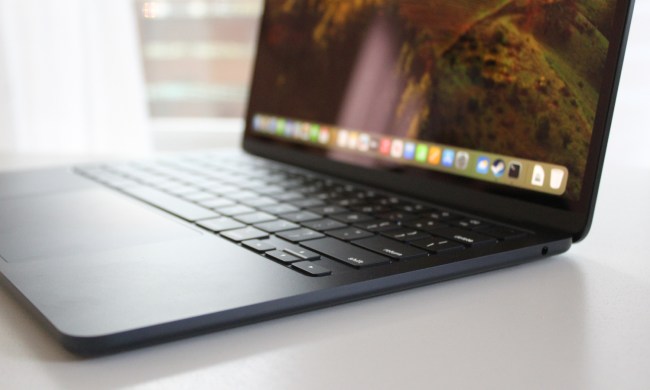This week, Apple exorcised its Mac lineup of one particular tech spec that has been a PC standard for almost a decade. I’m talking, of course, about selling PCs with 8GB of RAM.
Not only did Apple remove 8GB configurations from its new M4 MacBook Pros, Mac mini, and iMac, it even went back to its lineup of MacBook Air models and bumped everything up to 16GB. Apple was widely expected to make this change on the M4 MacBook Pro after receiving pushback on last year’s M3 model, but not on the MacBook Air.
It was decisive. Surprising. Dare I care it bold.
It’s been a long time coming though. 8GB of RAM has been the standard in MacBooks and PCs for almost a decade. The last MacBook to come with 4GB of RAM was the 2015 MacBook Air, and although you could always upgrade to 8GB, 4GB was the entry point. On the MacBook Pro, you have to go back to 2013 to find 4GB as an option. In other words, 8GB as a standard has run its course.

On the other hand, Apple wasn’t the first to make this move. While there are plenty of Windows laptops still with 8GB of RAM, Microsoft pushed toward higher memory requirements this year in a big way by requiring 16GB of RAM for its Copilot+ PCs. That meant laptops like the new Surface Laptop 7th Edition, with its starting price of $999, still had 16GB of RAM.
Microsoft had to eat the cost of extra memory in the same way that Apple is now. And although those initial Copilot+ PCs only included Snapdragon X Elite devices, we should expect to see current and future Intel and AMD laptops start with 16GB too to earn the Copilot+ status. I expect 16GB to be the norm very soon.
Interestingly, part of Microsoft’s stated reason for requiring 16GB was to spur on its local AI processing efforts. To run simultaneous AI models in the background at all times, having that extra memory on hand is critical.
Apple has given no public indication that it has similar reasons for the move to 16GB. In fact, Apple hasn’t given much of a reason at all. It’s easy to assume this change was a dramatic reaction to the blowback of last year’s controversy surrounding comments made in defense of the decision to continue selling an 8GB version of its 14-inch M3 MacBook Pro. But with the increasing emphasis on Apple Intelligence, Apple very well may have similar reasons as Microsoft for forcing the move to 16GB.
More AI might not get you all that excited, but we can all benefit from higher RAM standards, especially when we aren’t being charged for it.



